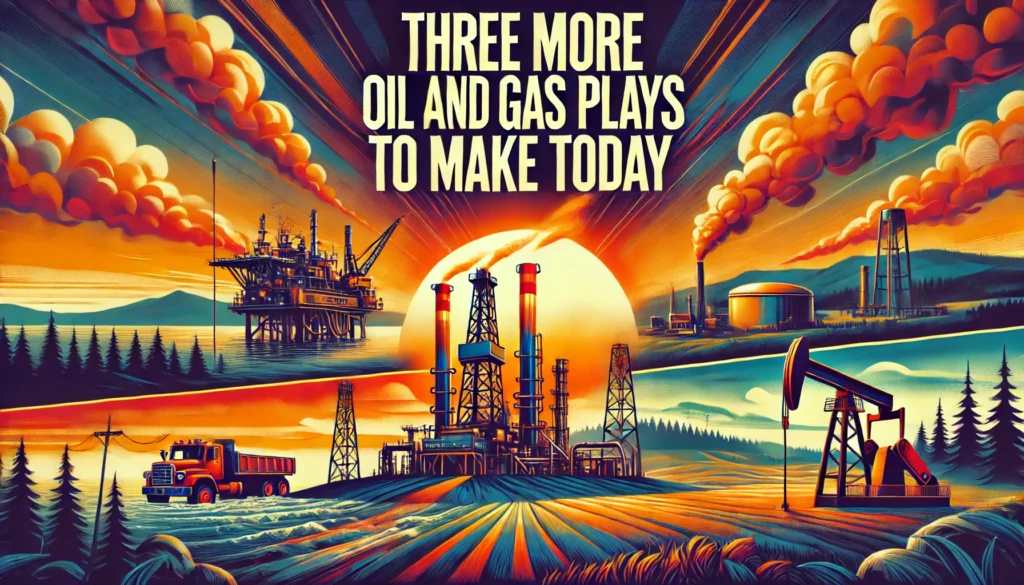- Could the government shutdown cause a banking crisis?…
- Credit all the way down…
- Can you imagine stock market wins 138 times bigger than Nvidia? If you’re like most people, probably not. But then again, most people haven’t seen this report. But you can see it right now by clicking here.
Dear Reader,
I have little discussed the enduring government “shutdown” — the shutdown now in its second month.
That is because it has not affected my existence one jot. Has it affected yours?
Yet is my vast indifference to government closure an error? Specifically… could the partial government shuttering set in train a banking crisis?
Here I cite GnS Economics Newsletter:
- There’s a heightened risk of bank runs starting in the U.S. regional banking sector. This is related directly to the shutdown of the U.S. federal government…
- The problem the banks currently face, relating to the government shutdown, is two-fold:
- Money is accumulating in the U.S. Treasury General Account, and
- Loan delinquencies are likely to be mounting.
- The former implies that money is not moving from the government to the accounts of some 1.4 million government employees.
- The latter implies that, as government employees are not getting paid, some of them are not paying back their loans (principal and/or interest) either. Both of these diminish cash flow to banks…
Therein lies the demon seed of a crisis.
The Banking System Is Deeply Interconnected
In the banking world the foot bone is connected to the shin bone is connected to the knee bone is connected to the thigh bone is connected to the hip bone is connected to the backbone is connected to the neck bone.
Thus a rumpus in the foot bone may ultimately have the neck bone in siege.
Thus if one bank receives inadequate interest payments, it will likely fall into arrears on its obligations.
Other banks, deprived of their own payments, will descend into an identical state.
Alarming whispers will then begin to circulate. Fretful and distressed glances will begin to exchange. Perspiration will begin to condensate upon foreheads.
The malady will fan and fan in expanding circles… in rippling waves of failure… until you have a banking crisis on your trembling hands.
The Fragility of Banks
Continues the GnS Economics Newsletter:
- What makes the situation precarious is the fragility of banks…
- There has been a massive increase in bank lending during the past few quarters. It is possible (likely) that some banks have been overly optimistic in the credit boom and are suddenly cash-starved because interest payments and loan repayments have ceased (from their excessive lending).
- This may start rumors about the survivability of a bank or a group of banks, which could trigger a bank run in the current uncertain environment.
Set to one side my anatomical analogy, described above. Consider instead an architectural analogy.
The modern banking system is a rickety, ramshackle structure rising on stilts atop a shifting foundation of sand.
What holds it up is the confidence of depositors.
Once that confidence shatters — or even wobbles — the entire disreputable structure may come heaping down.
Credit All the Way Down
Are we in for a banking crisis? I do not know.
It may represent yet another false wolf sighting — one of many false wolf sightings.
Yet is it any wonder then that today’s financial system is so vulnerable to banking frights?
I argued that today’s banking system was erected upon a shifting foundation of beach sand. Yet even here I exaggerate its stability.
It is erected not even upon the shifting foundations of beach sand — but upon the airy foundations of credit.
Twentieth-century philosopher Bertrand Russell once delivered a public lecture on astronomy.
An attendee — supposedly — claimed that Earth was not situated in space, as this Russell fellow argued.
She claimed instead that Earth rested upon the back of a titanic turtle.
Yet there was Russell, ever the philosopher, ever the man of logic.
Satisfied that he had exposed this lady’s logical flaw, he asked her what solidity the turtle was standing upon, what structure held the turtle up.
She replied there was no solidity whatsoever. No structure held up the turtle. It was “turtles all the way down.”
In today’s byzantine, baffling and beguiling monetary system, it is not turtles all the way down.
It is instead credit all the way down.
Two Sides of the Same Coin
Credit supports the entire monetary universe upon its broad yet delicate shoulders.
That is, debt supports the entire monetary universe upon its broad yet delicate shoulders.
That is because credit and debt are twins. They are two sides of the same bizarre coin.
Credit is simply a debt disguised, a liability masquerading as an asset.
It is true, you may execute your payment in dollars. Yet your dollar is nothing but a manifestation of credit.
That is because all dollars in existence are borrowed into existence.
Thus today’s monetary universe lacks all anchoring in material reality. Anchoring, for example, in gold.
Credit Can’t Come From Credit
Economist Alasdair Macleod:
- Under a gold standard, incorporeal property took its value from a material property. Under today’s fiat dollar standard, all forms of incorporeal property take their value from another incorporeal property, banknotes, which are a central bank’s liability. Credit is only valued in another credit, an arrangement which is inherently unstable, irrespective of changes in its quantity…
- The value of credit was based on money, which was physical gold and silver. Without the value-link to gold or silver, there was no means of valuing credit…
- The only solution to prevent fiat currencies from collapsing entirely is to officially recognize and reintroduce gold as money, making it the standard against which all credit is valued.
Of course… no government will voluntarily place its wrists in golden handcuffs.
No government will voluntarily relax its vise grip upon the manufacture and distribution of credit.
The devil will first gulp holy water.
Thus government’s only answer is credit all the way down.
That is, government’s only answer is debt all the way down.
Regards,
Brian Maher
for Freedom Financial News




